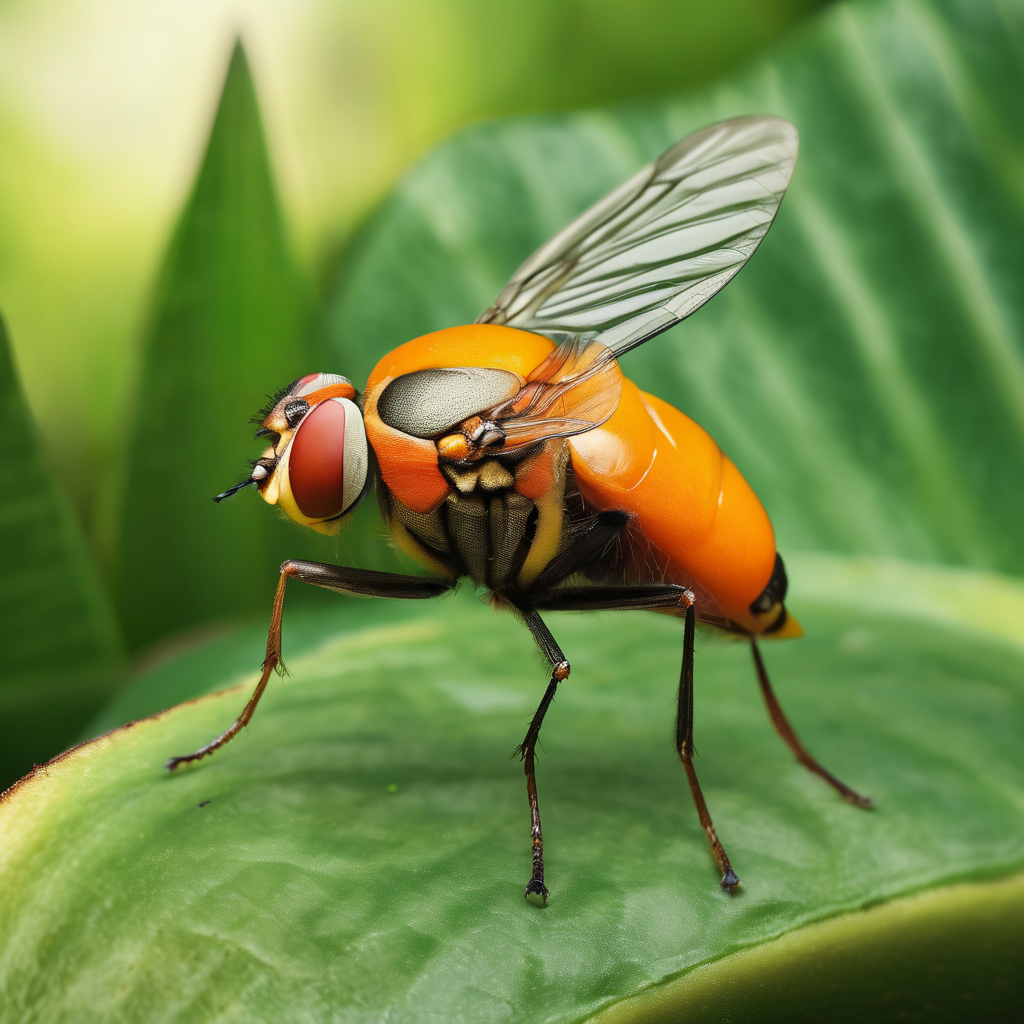The Biosecurity Authority of Fiji (BAF) has announced the detection of the Bactocera facialis fruit fly for the first time in Fiji, a species originally from Tonga. This significant finding was first noted during routine surveillance on Nanuya Island, located in the Yasawa Group, and has since been confirmed on three additional islands: Naukacuvu, Narara, and Vomo.
The introduction of the Bactocera facialis fruit fly poses a considerable risk to Fiji’s agricultural landscape, threatening various essential crops including breadfruit, mango, avocado, guava, and papaya. These crops play a vital role in the local economy. Although Fiji is already home to several native fruit fly species that pose similar risks, BAF stresses that the emergence of this exotic species demands immediate and focused action.
In response to this agricultural threat, BAF, in collaboration with the Ministry of Agriculture and Waterways, has launched the Plant Pest Emergency Response Action. This initiative entails extensive trapping and field inspections to assess the extent of the infestation, coupled with the deployment of pheromone traps aimed at controlling the male population of the fruit fly, thereby reducing its potential to reproduce.
To prevent further spread, BAF has instituted restrictions on the movement of fruits between the Yasawa Islands and the mainland of Viti Levu. These proactive measures are designed to limit the geographic reach of the fruit fly and ensure effective biosecurity responses. Farmers and local stakeholders are encouraged to report any signs of crop damage or sightings of the fruit fly to the relevant authorities, underscoring the importance of vigilance in protecting local agriculture.
Travelers are also advised to avoid transporting fruits from the affected islands to other regions of Fiji, highlighting a collective responsibility in tackling this agricultural challenge. Community engagement and swift action are viewed positively, fostering optimism that Fiji can alleviate the potential impacts of the Bactocera facialis and safeguard its critical agricultural resources.
Fiji’s agricultural sector has previously encountered challenges from invasive pests, like the Fall Armyworm, demonstrating a resilient spirit among farmers and agencies. The collective efforts to address these emerging threats bode well for the development of effective management strategies, aimed at securing the future of agricultural productivity and food supply in Fiji.
